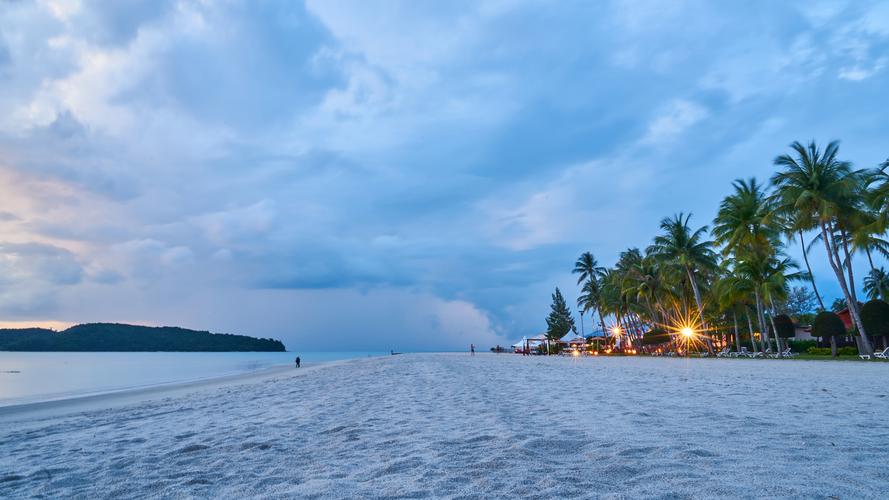Understanding Venezuela Cultural Norms: How they Shape Society
Venezuela, a country in South America, has a rich cultural identity. Its cultural norms have been shaped by several factors, including its history, religion, and social classes. To understand Venezuela’s current cultural norms, we must first take a look at its past.
The Influence of History on Venezuelan Cultural Norms
Venezuela’s history has had a deep impact on its cultural norms. The country was colonized by Spain in the sixteenth century, leading to the development of a hierarchy-based society. The dominant European class held power over the indigenous population and the lower classes of the society.
This social divide sparked a fight for independence in the nineteenth century, led by national hero Simon Bolivar. This struggle for independence had a significant influence on the cultural norms of Venezuela, giving rise to a sense of nationalism and pride in the country’s identity.
Today, Venezuelans place great emphasis on their national identity, which is reflected in their music, literature, and other forms of art. The country’s most significant cultural event is its annual Carnival, where people from all walks of life come together to celebrate their shared heritage.
The Role of Religion in Shaping Venezuelan Cultural Norms
Catholicism is the country’s dominant religion and plays a significant role in shaping the cultural norms of Venezuela. Religious practices, such as attending Sunday mass and participating in religious holidays, are an essential part of Venezuelan life.
Religion also affects social norms, such as how women dress and interact with men. In Venezuela, public displays of affection are generally frowned upon, as they are seen as inappropriate and disrespectful.
The Impact of Social Class on Venezuelan Cultural Norms
Social class is another significant factor that influences Venezuelan cultural norms. The country’s society is divided into several classes, each with its own set of cultural norms and expectations.
The upper classes, for example, place great emphasis on education and social status, while the lower classes value family and community connections. These socio-economic differences have created a complex network of norms that shape the way Venezuelans interact with each other.
Concluding Thoughts
In conclusion, cultural norms in Venezuela are shaped by a range of factors, including its history, religion, and social class. These norms are reflected in everything from daily interactions to major cultural events, such as Carnival.
As we continue to explore different cultures and societies, it is essential to embrace their unique identities and understand how they shape the world around us. By doing so, we can gain a deeper appreciation for the richness and diversity of human experience.
(Note: Do you have knowledge or insights to share? Unlock new opportunities and expand your reach by joining our authors team. Click Registration to join us and share your expertise with our readers.)
